RSPO aims to make the palm oil sector fair and sustainable, for this purpose the RSPO standard includes gender-related Principles and Criteria (P&C). To assist members in applying these, RSPO has recently published a Gender Guidance developed in cooperation with Fair & Sustainable Consulting.
A day for a female worker in the palm oil industry is extremely busy. Before, the sun rises she will have visited her rubber crops, cooked for her family, bathed and got her children ready for school. Afterwards, she is picked up by the company to take her to work on the oil palm plantations. There she works tirelessly, sometimes without any protective gear, to make her target of the day. Which more often than not she is not able to reach, resulting in an even lower income. In the afternoon, she returns home to work in her rice fields, and perform even more household chores. Of course, she would like to get a more stable job with less irregular income, however, for women in the palm oil industry, there are limited options[1].
Women play an important but unrecognized role in the palm oil industry. At first glance, the palm oil industry seems to be run by men, as they do the visual and ‘heavy’ work in the plantations and mills. However, women perform many of the maintenance tasks e.g. clearing undergrowth, pruning trees, spreading fertilizer etc. Women also work in tree nurseries and /or are involved in administrative work. These tasks are often overlooked and, as women are not or less represented in worker committees, the specific constraints they face are not discussed or addressed. A similar situation can be found at the level of smallholders in the palm oil sector.
Constraints faced by women in the palm oil value chain include unrecognised landownership and land use, lack of training, lack of equal job opportunities, lack of protection and lack of recognition for work performed. Prasad Viaya Segaran, the Human Rights and Social Standards Senior Executive of the RSPO calls for the “need to address these risks by integrating more gender-equal views and practices into the operations of palm oil producing companies”. According to him ‘this will contribute both to the wellbeing and livelihood of men, woman and the companies they work for’. Read the press release of the RSPO here.
To reach this goal of enhanced gender equality in the palm oil sector, F&S designed, together with the RSPO human rights working group (HRWG), a practical guidance document for RSPO members. The manual presents gender-based constraints and describes strategies and actions as building blocks to be(come) a gender-inclusive business. For each strategy, the results for women and business are described, as well as for smallholders and the community. The strategies are also linked to the relevant RSPO P&C to show how the actions support compliance with the standard.
Download the full guide from the RSPO website here. And read the RSPO’s introduction to the guide here.
To find out more about gender inclusion in value chains and the RSPO guidance, please contact:
Angelica Senders (angelica.senders@fairandsustainable.nl) or Marjoleine Motz (marjoleine.motz@fairandsustainable.nl)
[1] https://landportal.org/blog-post/2021/02/voices-women-palm-oil
